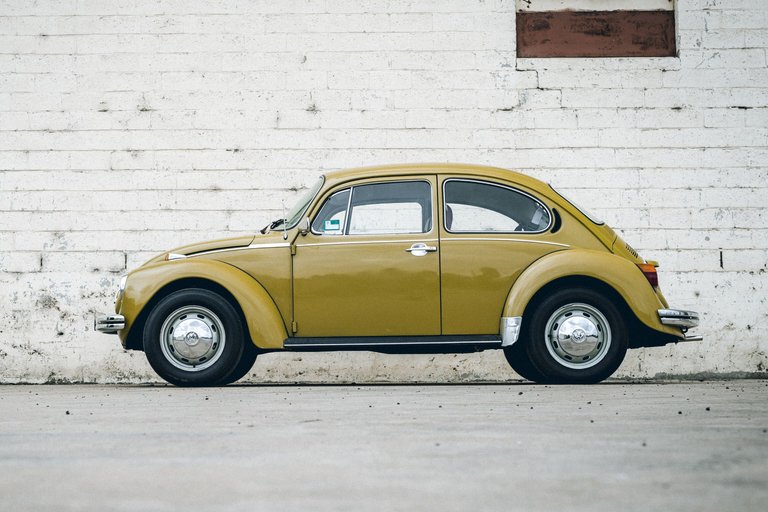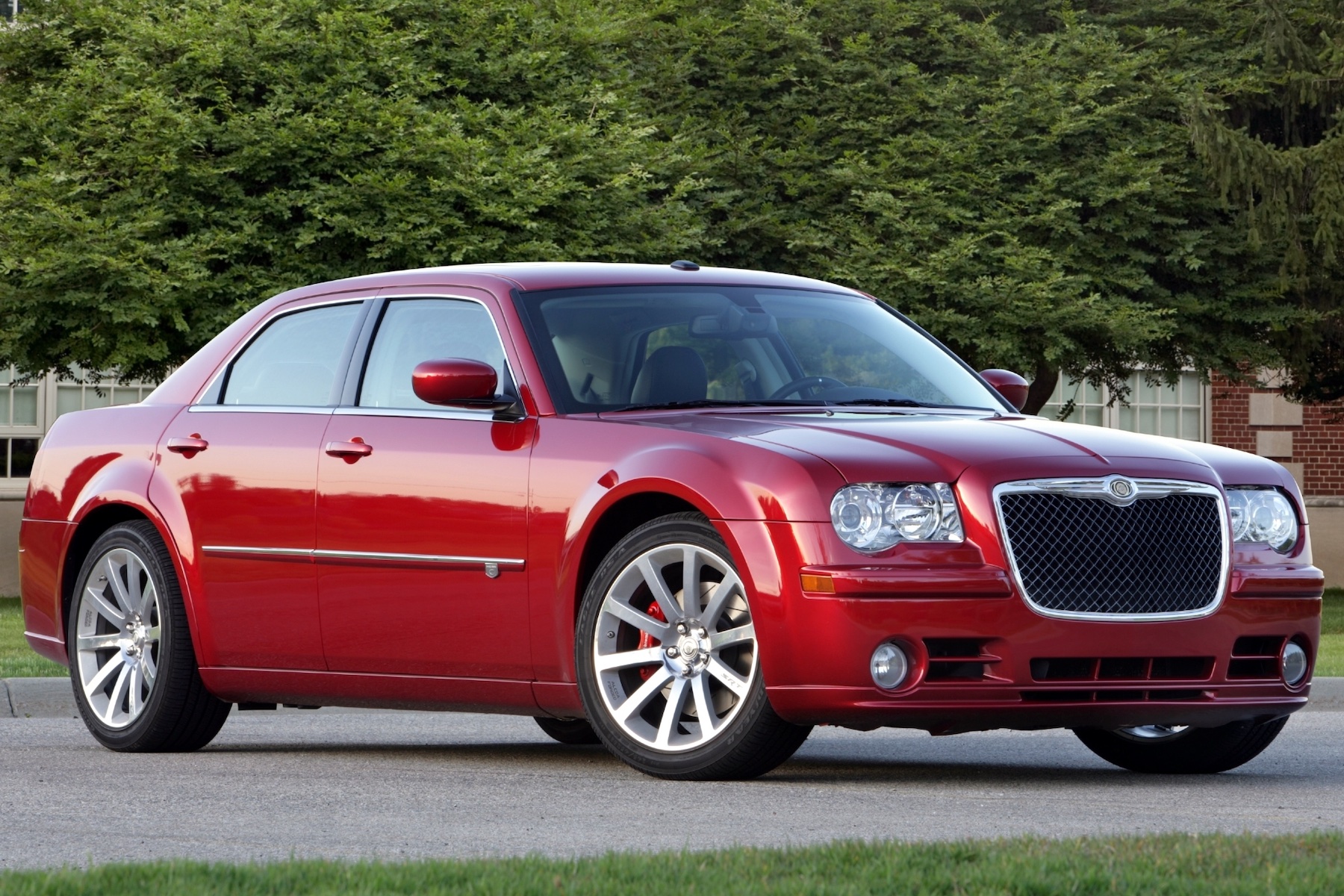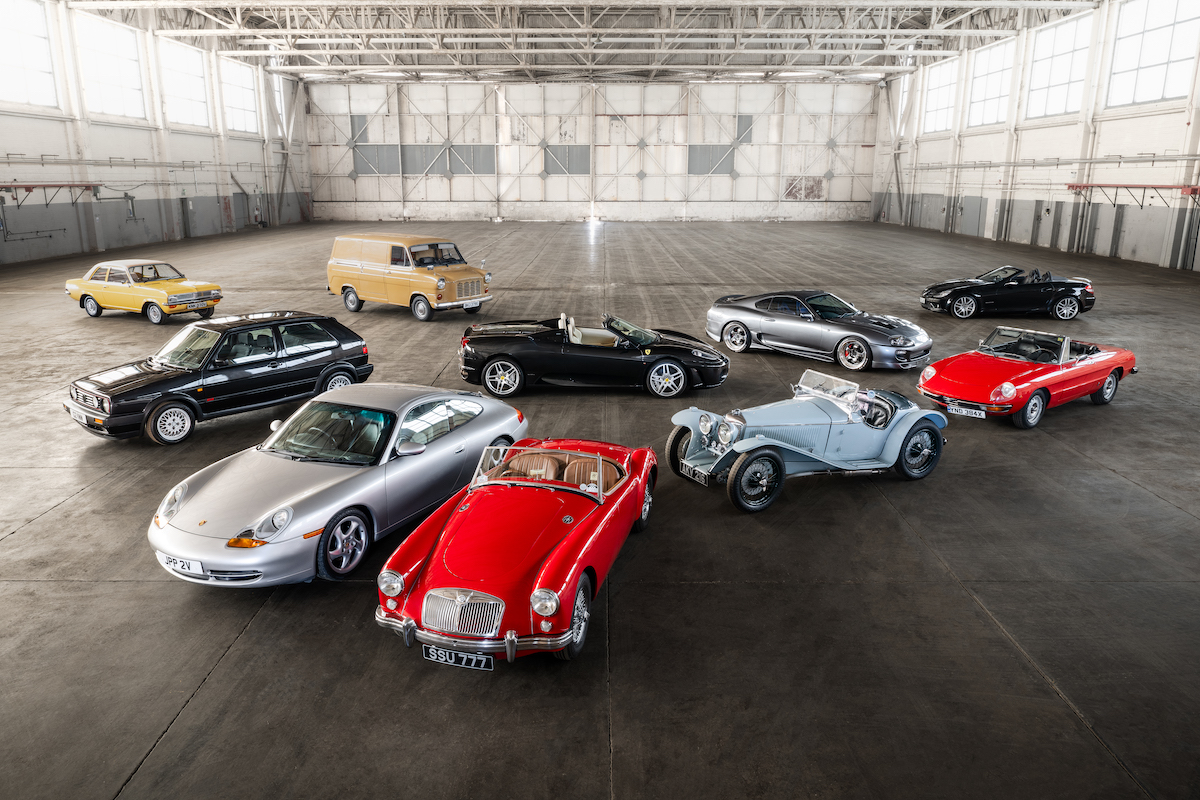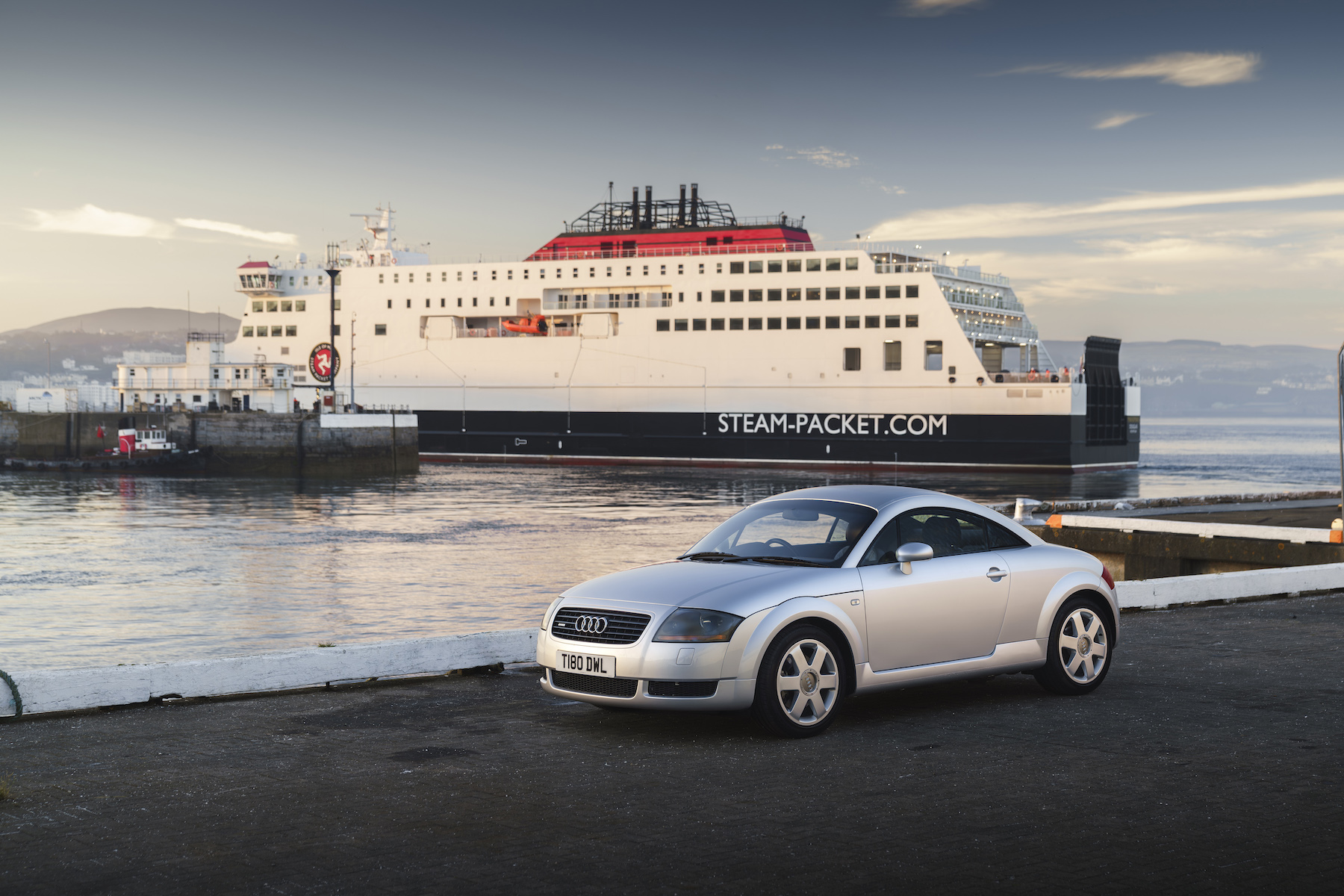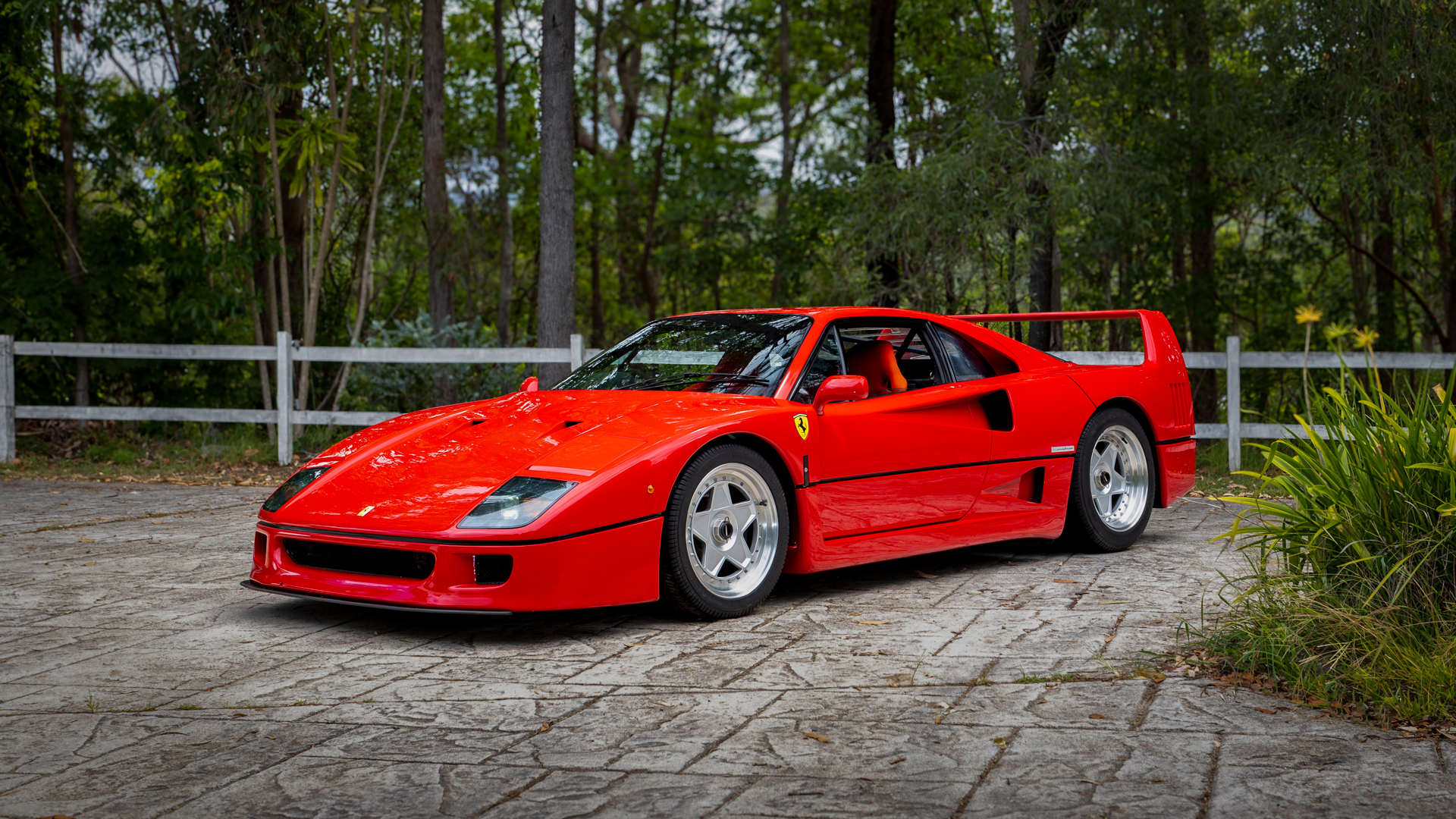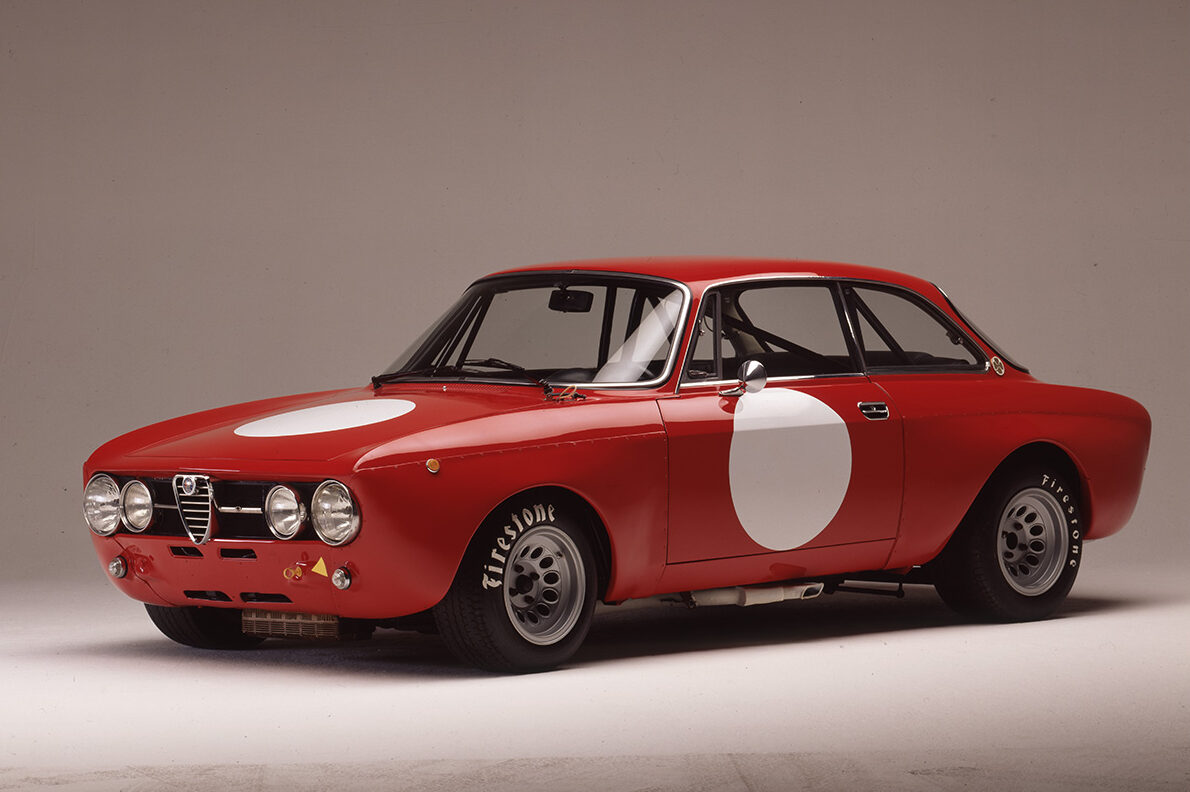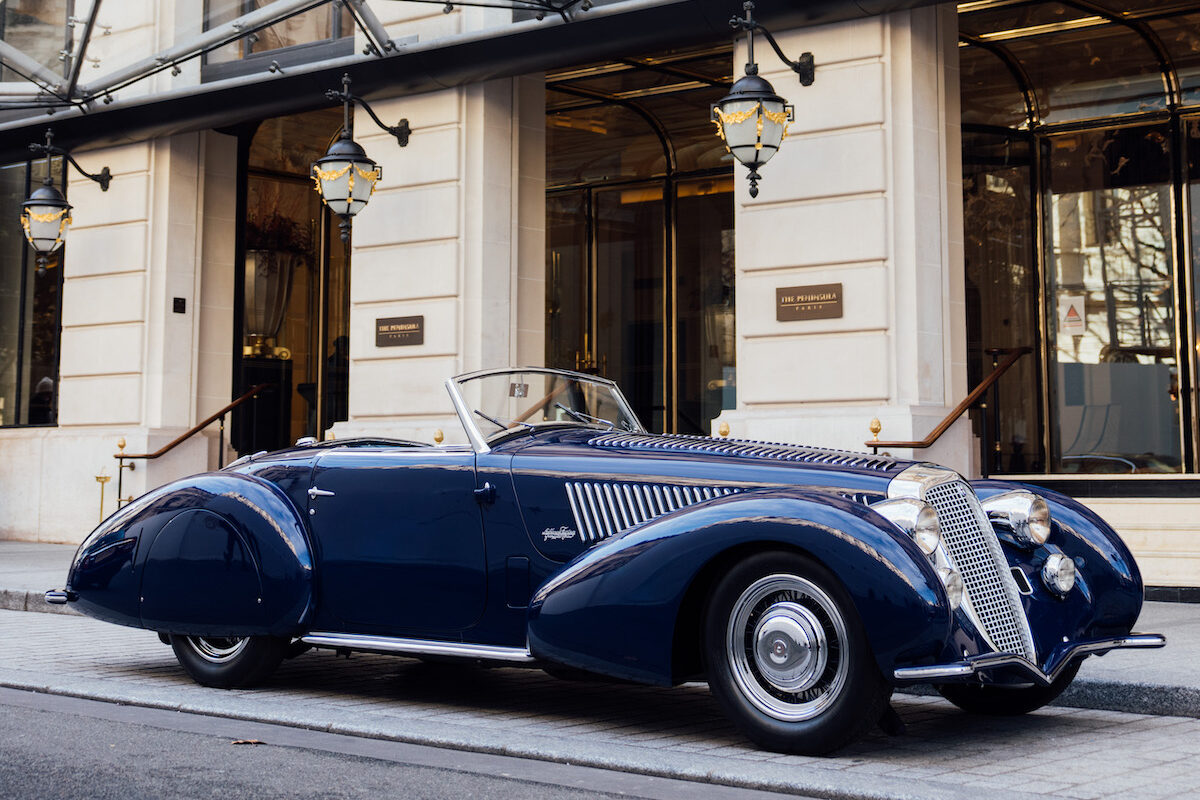Germany’s ‘People’s Car’ the Volkswagen Beetle appeared on the Australian landscape during the 1950s, where it battled the British designed and engineered Morris Minor for recognition as Australia’s most popular small car.
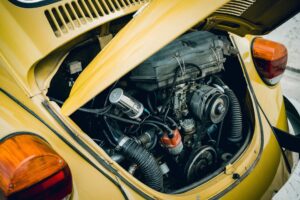
Image: WhichCar
Over the next two decades, time and a rush of new competitors – many of them from Japan – would eventually catch up with the innovative Beetle. But not before a vastly improved model entered the Australian market in 1971.
With its 1.6-litre engine, larger windows and major rear suspension modifications, the Volkswagen 1600L – aka the ‘Superbug’ – was released to critical acclaim.
Anyone who had owned an earlier version of the utilitarian Beetle would have been amazed by the upgrades to the interior, which included well-shaped seats trimmed in cloth instead of vinyl and actual gauges instead of basic warning lights. The unpopular floor-hinged pedal arrangement was unchanged though and would remain until the Superbug ended production in 1976.
The larger capacity ‘flat’ four-cylinder engine retained its familiar ‘dak-dak’ sound, but with 45kW of power the 1600 was four seconds faster to 100km/h than a 1960s Beetle with the smaller 1192cc engine. Fuel economy averaged a respectable 9.0L/100km and, wonder of wonders, the tank could be filled without burrowing into the boot to do so.
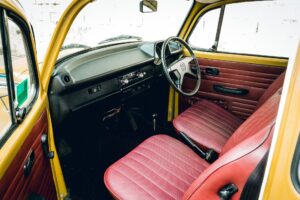
Image: WhichCar
Best of all the Superbug boasted vastly improved and predictable handling, due to its modified rear suspension which prevented the wheels tucking under and creating savage oversteer if the brakes were applied while cornering. And those brakes at the front were now state-of-the-art discs, not the previous drums.
More than five decades later, rust isn’t a major Superbug problem but checking the cabin floors, sills and mudguards is still recommended. The engines are generally reliable but avoid cars with underbonnet oil leaks or a smell of petrol.
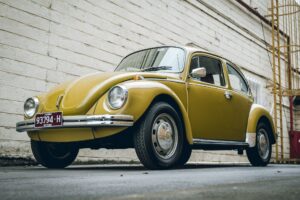
Image: WhichCar
The smell can be caused by an overfull fuel tank that sends fumes into the cabin, but may also be due to leaks from aged fuel lines or worn carburetor fittings. These latter issues can cause engine fires which are not uncommon in Beetles. Despite this, insurance costs remain low and most servicing can be done at home.
Prices for tired cars start at under $8000 but ignore these unless you’re planning a major restoration. Well-kept cars are likely to be in the $15,000-18,000 price range, with some of them likely to have been mechanically rebuilt, meaning they are ready to embark on many more years of reliable use.
Some Superbugs were modified into ‘chop-top’ convertibles during the 1980s-90s and these need to come with engineering certification to confirm the conversion has been properly and safely undertaken.
Things To Watch Out for When Buying a Used Volkswagen Superbug (1971-76)
-
Engine compartment oil leaks
-
Burned out exhaust system
-
Sagging front suspension
-
Fuel system leaks
-
Steering that binds due to worn steering box
-
Notchy or noisy gearbox
Valuation Timeline: Volkswagen Superbug (1971-76)
-
1985$5,000
-
1995$5,500+10%
-
2005$5,500
-
2010$7,000+27.27%
-
2014$8,500+21.43%
-
2019$14,502+70.61%
-
2024$2,252-84.47%


